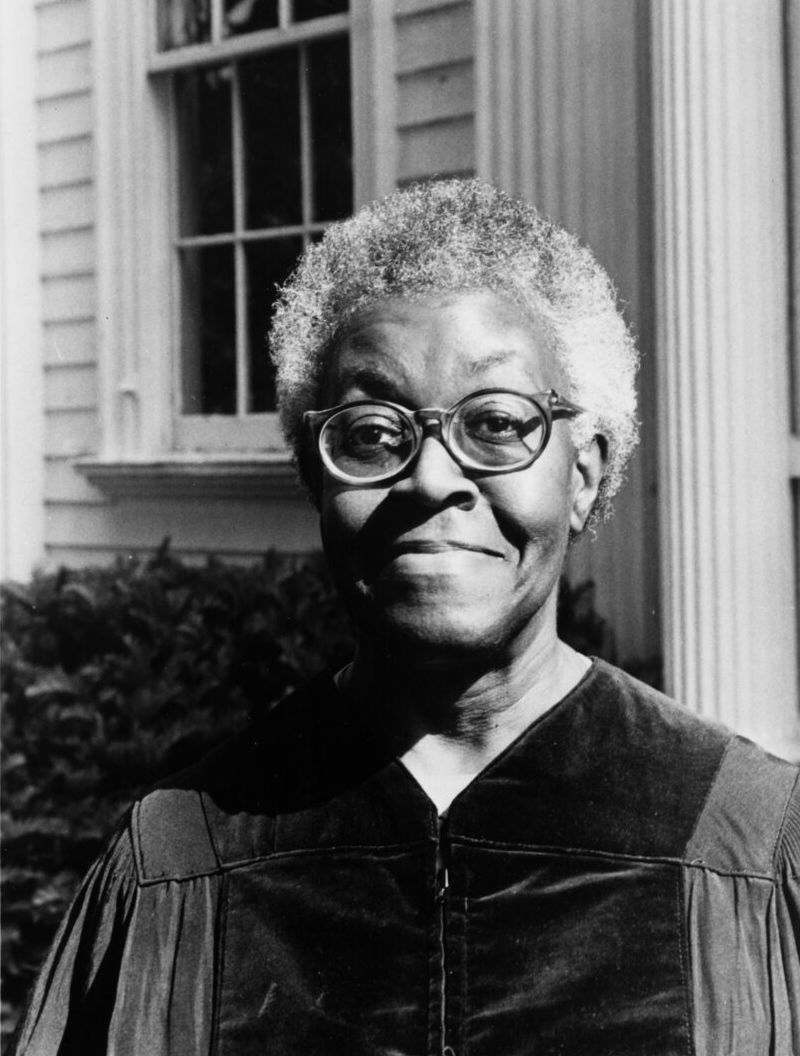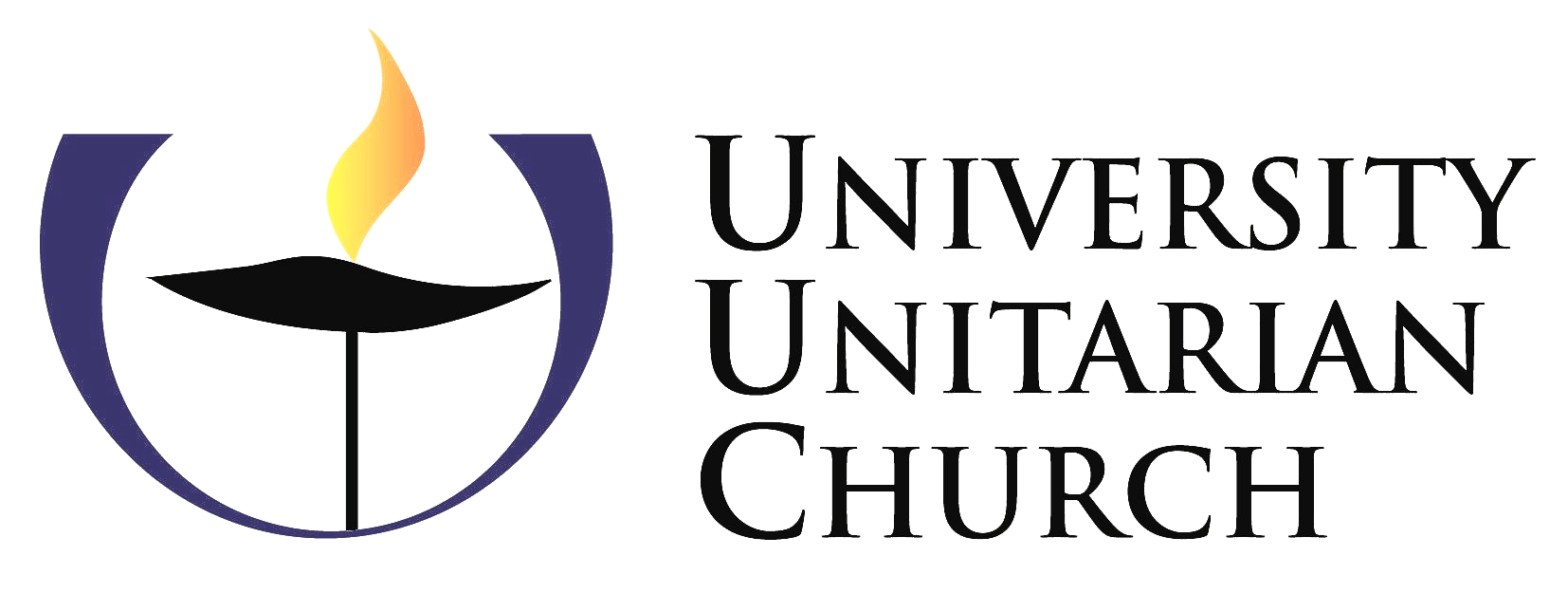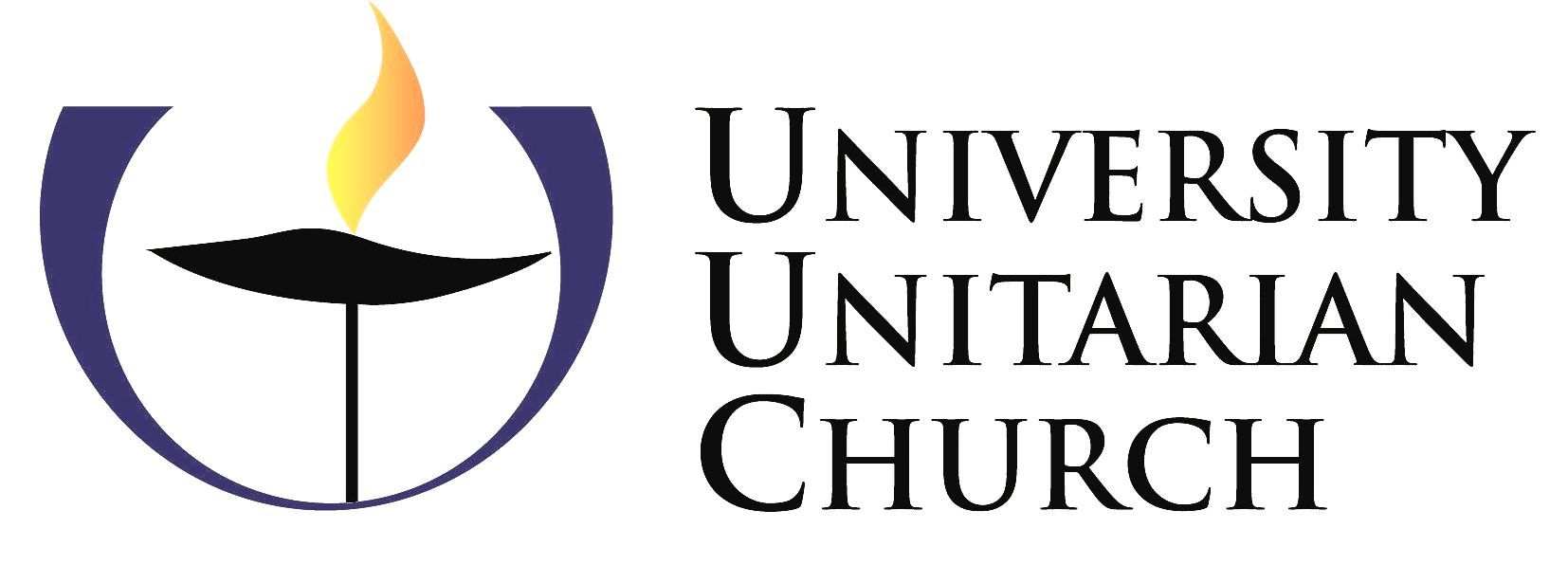February is Black History Month and UUC's Acting for Racial Justice Team brings you a partial history of Black poetry in America. This article was created with love and respect for Black poets and includes some of their reflections on their craft and with love for Black lives and for their gifts of poetry that have transported us into experiences we will never undergo. Poetry that has moved us, changed us, expanded our understanding, opened our hearts, and influenced our actions.
“African American poetry predates the written word and is linked to a rich oral tradition. Black poetry draws its inspiration from musical traditions such as gospel, blues, jazz and rap. Black poems are inextricably linked to the experience of African Americans through their history” (Annie Nelson)
Poet June Jordan wonders how a person, coming to this country as a slave could sing, could write a poem, “After the flogging the lynch rope the general terror and weariness what should you know of a lyrical life?” How could you dare to create yourself as a poet? Yet, “The Difficult Miracle of Black Poetry”, happened in the United States of America despite the dehumanizing horrors of slavery.
Black people wrote poetry and were recognized for it from before this nation’s Revolutionary War. They wrote of their history, their upbringings, their visions, and values. They made something expansive and transformative from and for their lives. Black poets in America created a history of gifting miracles. Their poems were and are places of Black resistance and reminders, as Langston Hughes wrote, “of the problems of freedom in a white dominated society”. For in poetry is a freedom of expression and freer than Black history in the United States.
Poetry, is also a place to remind us all of Black beauty, pride, power—of claiming a place in America, loud and loving. Writing, rising, the words of Black poets continue to meld the troubles with moments of humor, beauty, and joy. They continue to remind us, because still they must, of our better selves and to inspire us to act for racial justice.
Tonya Ingram
you owe it to yourself to quit being the apology. to
hold your hand and sing your favorite song. to
love another and see how far that will go. to love
yourself and forget where you were headed in the
first place. love is a funny story. it wakes up and
builds a plot. it wakes up and shapes you into the
kind of woman your mother studies. i am not per-
fect in it. i am not even remotely articulate. but it
is big, this love. it is airborne and triumphant. i am
no easy show. i hurt like the climb of my lineage. i
hurt on purpose. i hurt to not be hurt. no, none of
this is an excuse. just a blueprint. a map. come
find me when the day is bronze and the sorrow is
full. i am building my poem in this here heart. all
of it is a working title.
A very partial list of Black poets:
Jupiter Hammon (1711-1800), Lucy Terry Prince (1730-1821), Phillis Wheatley Peters (1753 – 1784). . . George Moses Horton (1797-1883?), James Madison Bell (1826-1902), James M. Whitfield (1823-1878), Olivia Ward Bush-Bank (1869 –1944), Paul Laurence Dunbar (1872 –1906). . . Frances E.W. Harper (1825-1911), Lewis Grandison Alexander (1900 -1945), Claude McKay (1890 –1948), Langston Hughes (1901–1967), Sterling A. Brown (1901–1989), . . . Robert Hayden (1913 – 1980), Margaret Walker (1915 –1998) Gwendolyn Brooks (1917 –2000), Maya Angelou (1928 – 2014), Sonya Sanchez (1934). . . Lucille Clifton (1936 – 2010), Michael S. Harper (1938 –2016), June Jordan (1936 – 2002), Nikki Giovanni (1943), Kevin Young (1970), ), Tracy K. Smith (1972), Ross Gay (1974), Alison C. Rollins (1987) Tonya Ingram (1991 – 2022), Aja Monet ( ), Amanda Gorman (1998). . .
Please join the Acting for Racial Justice Team in a further celebration of Black poetry on Sunday, February 11, at our Learning Station in Nathan Johnson Hall. We will be there between services.

Posted/updated on:

